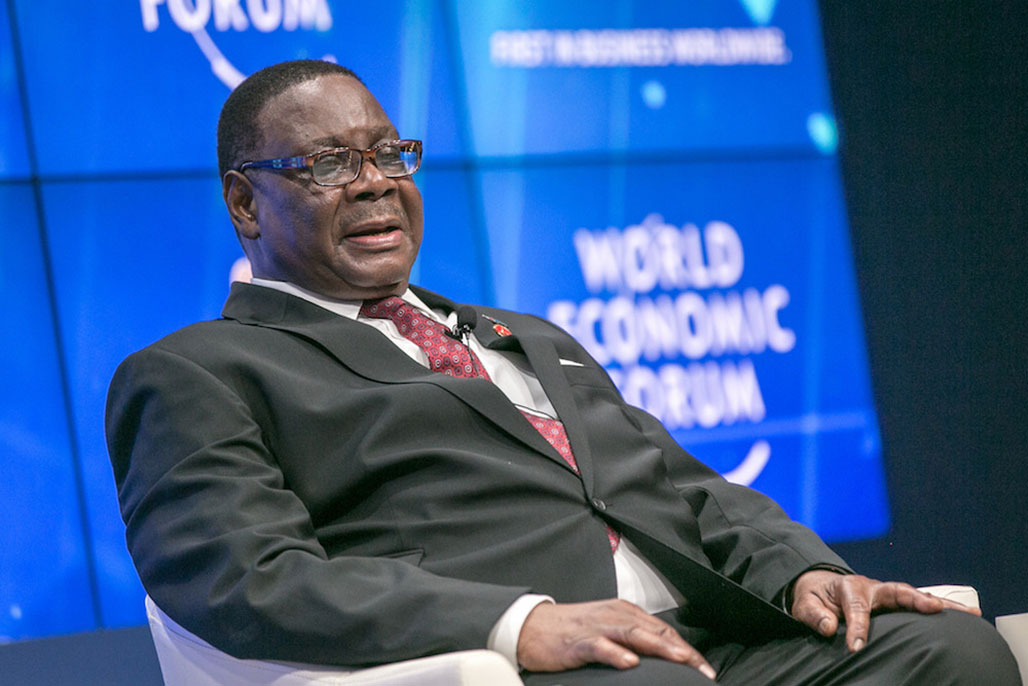By Collins Mtika
In Africa, it is estimated up to USD 100 billion annually is lost through different forms of Illicit Financial Flows (IFFs), one of them being corruption through proceeds of bribery and financial malpractices, according to the Tax Justice Network Africa (TJNA).
“The impact of corruption threatens the efforts aimed at promoting democratic governance, socio-economic transformation, peace and security in Africa” Alvin Mosioma (TJNA) Executive Director said.
Mosioma noted that while the continent has experienced sustained socio-economic growth over the past two decades, the benefits associated by this growth is being undermined by the simultaneous haemorrhage of public funds through corruption and related activities.
“This leaves the continent in a situation where 50% of the population lives below USD 1.90 a day; rising inequality; lack of access to basic services like education, health, water and sanitation; and rising taxation burden because of the emptying of government coffers arising from corruption related IFFs,” he said.
The Tax Justice Network Africa (TJNA) in partnership with OXFAM, FEMNET, Pan-African Lawyers Union (PALU), Trust Africa, Coalition for Dialogue on Africa (CoDA), Financial Transparency Coalition (FTC), Global Alliance for Tax Justice (GATJ), United Nations Economic Commission for Africa (UNECA) are hosting the 6th Pan African Conference on Illicit Financial Flows (IFFs) and Taxation in the Kenyan Capital, Nairobi.
For the period 2005 – 2014, Malawi’s illicit financial outflows were pegged at between 7 to 24 per cent of total trade while inflows can be understood as being at the level of four to seven percent, according to the Washington DC based Global Financial Integrity (GFI).
GFI also estimates that Malawi was robbed of between $2.26 billion (MWK1.6 trillion and $7.32 billion (MWK5.3 trillion) in the past 10 years due to illicit financial outflows.
The amount lost is more than Malawi’s entire 2017/18 national budget which was $7.32 billion MWK1.3 trillion.
The Nairobi Conference seeks to provide a platform to multiple stakeholders and policy actors drawn from governments, CSOs, research and academia and other relevant players to deliberate on the emerging efforts to fight the scourge of corruption and IFFs from Africa.
“The rapid liberalisation of the financial services in the 1980 opened doors of for the outflows we are talking today. Corruption more intensified in Africa,” said Charles Abugre of the Tax Justice Network in his key note address.
Abugre blamed Multinational corporations for seeking to minimize obligations and maximizing profits hence perpetuating IFFs.
The conference will also discuss national, continental, and global initiatives to fight corruption and its proceeds through mechanisms such as Africa Peer Review Mechanism (APRM) and Open Government Partnership (OGP), UN Convention against Corruption (UNCAC), Africa Union Convention on Preventing and Combatting Corruption (AUCPCC), Stolen Asset Recovery (STAR) Initiative of the United Nations and the World Bank, Financial Action Task Force (FATF) Anti-Money Laundering Guidelines, and other initiatives to fight corruption and IFFs from Africa.

